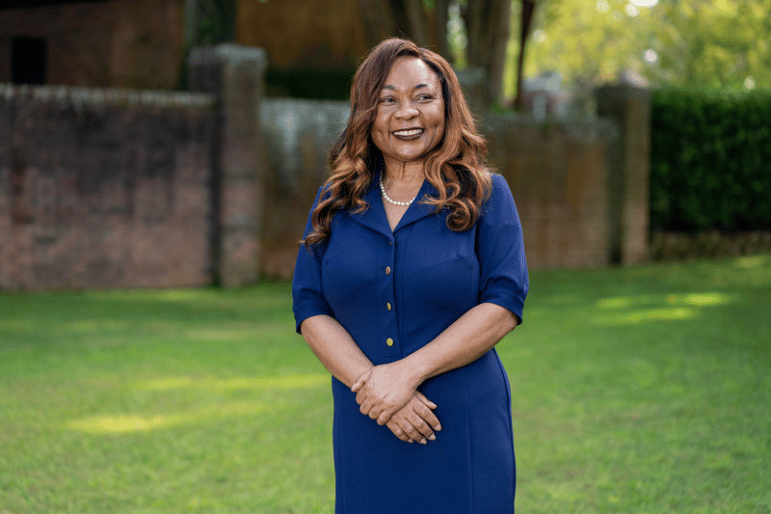
MacArthur ‘Genius’ Brings National Attention To Local Fight Against Sewage Failures
If Catherine Flowers ever received a calling to take on a career in environmental activism, it likely came in the form of mosquito bites.
In 2009, Flowers was doing economic development work in her hometown of Lowndes County, Ala., where raw sewage leaked into the yards of poor residents who lacked access to a municipal sewer system.
On one visit, she met a pregnant woman whose toilet waste flowed into a pit right outside her mobile home. The mosquitoes swarming the pit attacked Flowers.
Days later, her body had broken out in mysterious red blotches.
“I didn’t think anything of it until I broke out in a rash,” she said in an interview with Morning Edition host Noel King.
Flowers went to the doctor, who ran blood tests for infections and other diseases, which came back negative.
“I asked her, ‘Is it possible that I have something that American doctors are not trained to look for?’ Because they don’t even acknowledge that there’s a raw sewage problem in this country,” she recalled.
Lowndes is one of the poorest counties in the U.S. Its weak sewage infrastructure, combined with poor soil drainage, has left the rural area’s predominantly Black community vulnerable to diseases and infections like hookworm.
At the time, Alabama’s public health department threatened 37 families with eviction or arrests because they couldn’t afford septic tanks. Since then, Flowers has been raising the alarm bell on the largely overlooked issue.
She negotiated with state politicians, working with then-Sen. Jeff Sessions, to end such prosecutorial policies, and collaborated with the Environmental Protection Agency help secure funding for septic systems.
This month, Flowers won a MacArthur Foundation fellowship – also known as a Genius Grant — for her work by “bringing attention to failing water and waste sanitation infrastructure in rural areas and its role in perpetuating health and socioeconomic disparities.” (Note: The MacArthur Foundation is a financial supporter of NPR.)
